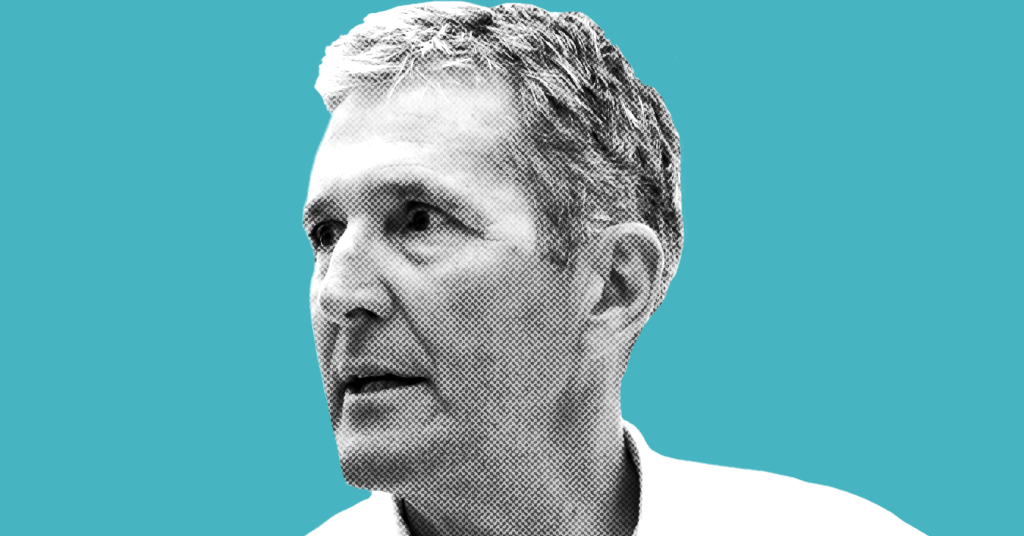
How Manitoba’s Tories Made Poverty Issue Number 1: Low Wages, Assistance Cuts And Housing Sell-offs
Recently-announced Rent Assist freeze is the latest cut to poverty reduction programs
Recently-announced Rent Assist cuts are just the latest example of Manitoba Premier Brian Pallister’s moves to attack supports for low income residents — despite promising, while campaigning, to treat poverty as a key issue for the province.
According to a provincial break-down by Citizens for Public Justice, Manitoba has the highest poverty rate in Canada, with one-in-five currently living below the poverty line. That translates to 25% of children living in poverty and it’s forced 115,000 Manitobans to rely on the province’s Employment and Income Assistance (EIA) programs.
During the 2016 leadership debate, Pallister called poverty “the number one issue” in his province. But, as premier, many of his cuts, sell offs and policy moves have been bad news for minimum wage workers and support recipients.
On July 1 the Manitoba government will freeze Rent Assist rates for individuals without disabilities on Employment and Income Assistance (EIA) and for individuals under the age of 55, not on EIA. Make Poverty History Manitoba noted, in a press release, this will cancel a $27 increase per month for those impacted.
Josh Brandon, researcher with the Social Planning Council of Winnipeg, told PressProgress this Rent Assist cut is the latest in a series of yearly cuts to anti-poverty programs, since the PCs took power. “Since 2016 there have been cuts each year. That’s how he’s making it his number one priority.”
Here are a few of the other cuts Pallister’s government has made to anti-poverty supports:
- Pallister cut capital borrowing in half since 2015, causing the public housing stock in Manitoba to fall into disrepair. Provincial home repair programs for low income Manitobans were recently eliminated entirely.
- Pallister didn’t fund new social housing since 2016, despite increasing demand. Instead they sold off 1000 units of publicly-owned housing.
- Pallister raised the threshold low-income households pay of their income on shelter costs from 25% to 30%. This amounts to a $111 per month cut from the Rent Assist program.
Additionally, Pallister’s government has maintained one of the lowest minimum wages in the country. Pallister has only mandated the low minimum wage be indexed to inflation, which doesn’t factor in the rising costs of transit and housing.
That means workers earning the minimum wage will get a paltry 30 cent raise to $11.65, on October 1st. However, according to a report by the CCPA , between 2016 and 2017 the living wage in Winnipeg was $14.54, in Brandon it was $14.55 and, in Thompson, it sat at $15.28.
Despite this, Pallister insisted he can “appreciate the reality that many Manitobans face” because “I grew up poor” — although he later admitted “we weren’t poor” and nowadays spends big chunks of his time at his Costa Rican luxury villa.
Our journalism is powered by readers like you.
We’re an award-winning non-profit news organization that covers topics like social and economic inequality, big business and labour, and right-wing extremism.
Help us build so we can bring to light stories that don’t get the attention they deserve from Canada’s big corporate media outlets.
Donate



